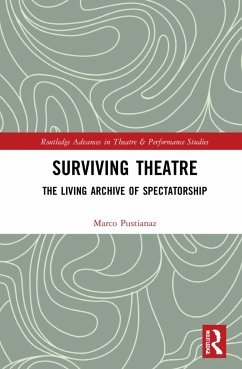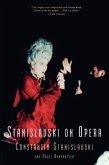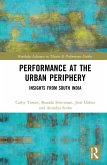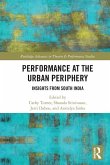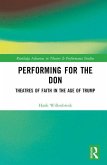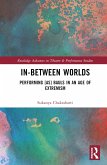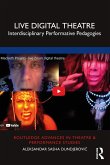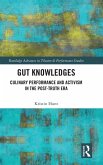Drawing from a manifold affective archive of performances and installations (by Marina Abramovic, Ron Athey, Forced Entertainment, Socìetas Raffaello Sanzio, Blast Theory, LIGNA, Doris Salcedo, Graeme Miller, Lenz Rifrazioni, Cristina Rizzo, etc.), and expanding on the work of many theorists and scholars, such as Roland Barthes and Jacques Rancière, Giorgio Agamben and Alain Badiou, Nicholas Ridout and Alan Read, among others, the book focuses on the spectator as the subject, rather than the object, of investigation. This is the right time to remember their secret power and theorise their collective time in the theatre. This book is an archive of their adventure and a manifesto rooted in their potentiality. It boldly posits the spectator as the inaugurator of theatre, the surplus that survives it.
The book will be of great interest to spectators all and sundry, to scholars and students of theatre and performance studies, of spectatorship and politics.

